Metairie Cemetery
New Orleans' famous cemetery, located on the site of a former race track.
For more than two decades the Metairie Race Course was a horse racing institution in antebellum New Orleans, home to epic races that created and destroyed fortunes in a lap of the course.
However, after serving a stint as a Confederate Army camp site during the Civil War, the track went bust and the site was turned into the now-famous cemetery, keeping the original name (and contours) of the track.
Another story is that Charles T. Howard moved to New Orleans before the Civil War. He built a house on St. Charles Avenue and made sizable donations to charities, yet this was not enough to gain membership in the Metairie Jockey Club. He vowed to get revenge by turning it into a graveyard. Howard eventually bought the track and turned it into the cemetery that is still there today.
Today the cemetery is well known for its particularly lovely monumental architecture and funeral sculptures, dedicated to some of the city’s noteworthy early heroes and notorious residents both.
The Army of Tennessee, Louisiana Division Monument by sculptor Alexander Doyle honors Confederate Soldiers of the Civil War, and features the equestrian statue of Albert Sidney Johnston astride his horse Fire-Eater. Johnson was killed at the Battle of Shiloh in 1862.
The beautiful mausoleum that once held the remains of Storyville madame Josie Arlington shows a young girl, cautiously approaching the door. At one time, Arlington was the proprietor of one of the most well-known brothels of the city’s red light district, Chateau Lobrano d’Arlington. The Arlington was known not only for its stable of fine girls for hire, but also for the advertised entertainment of a so-called “sex circus.” Although no one knows for sure, it is thought that the figure represents a virginal caller being turned back from her door. The lovely monument quickly became such an attraction at the cemetery that the family had Josie’s remains moved elsewhere, and it now houses the remains of the Morales family.
Known for their distinctive above ground burials and particularly lovely monuments, New Orleans’ historic cemeteries are worth exploring, including the Saint Louis Cemetery #1 (home to the tomb of “Voodoo Queen” Marie Laveau) and St. Louis Cemetery #2.
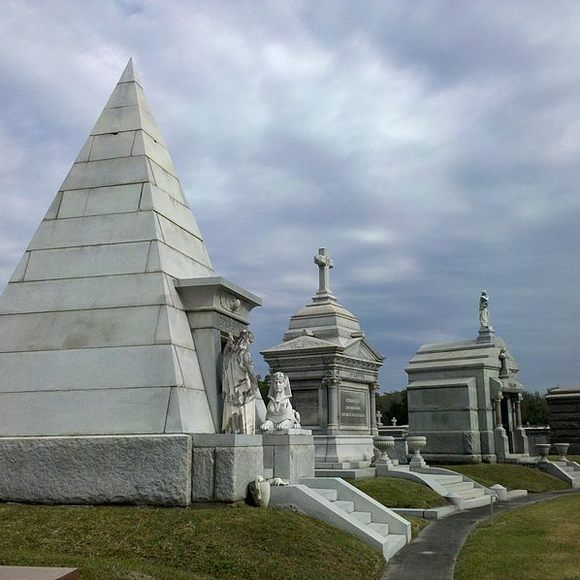

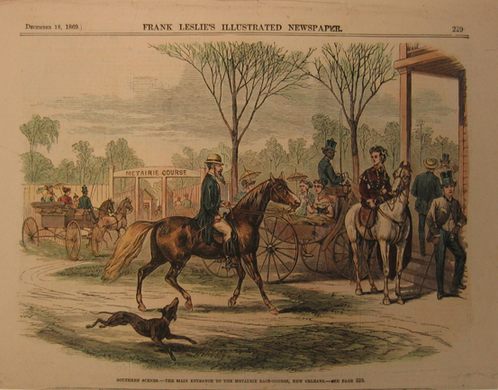


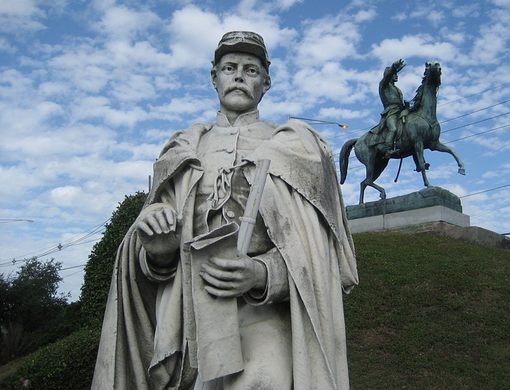
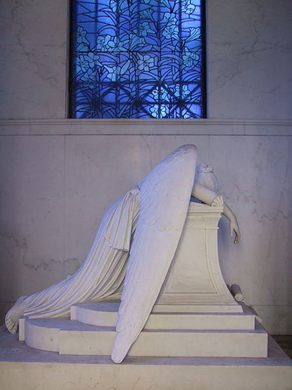
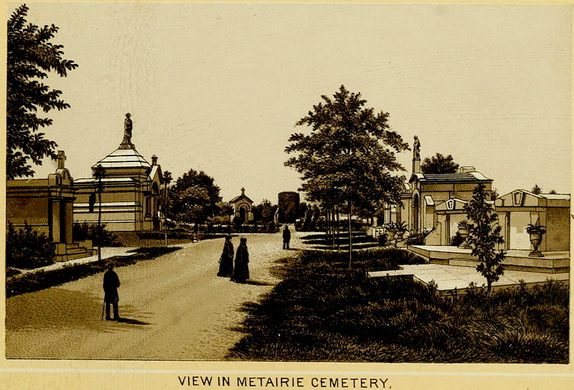

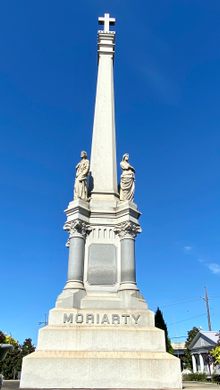
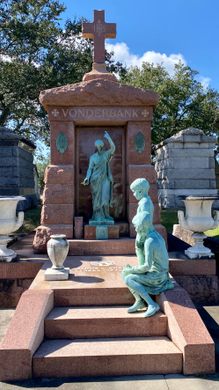
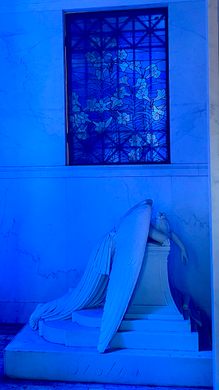
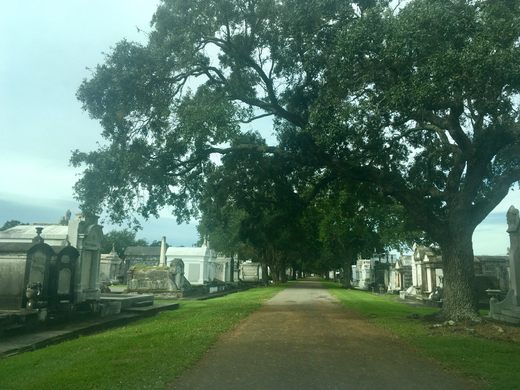
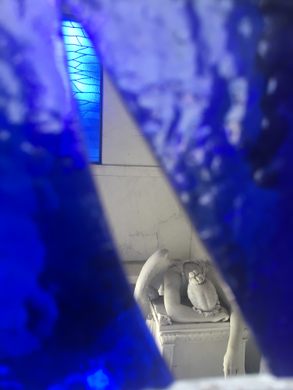
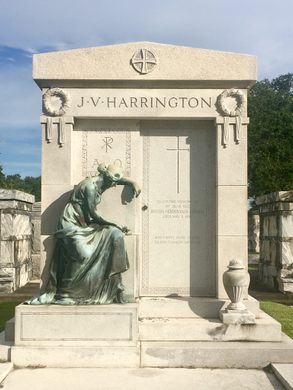

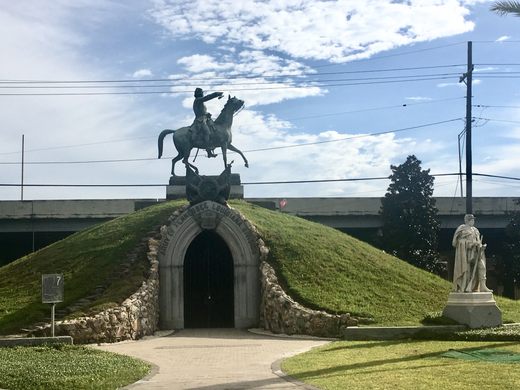


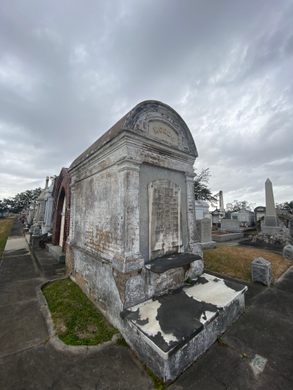
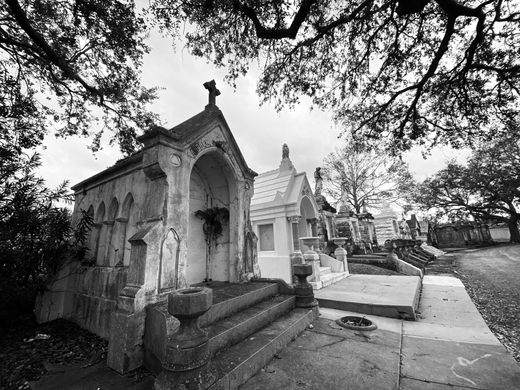
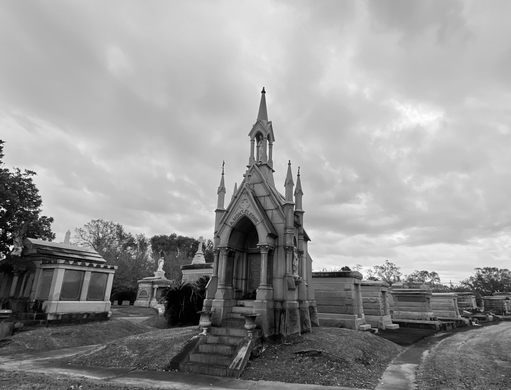
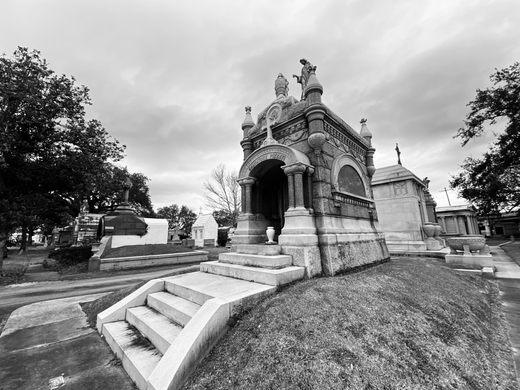
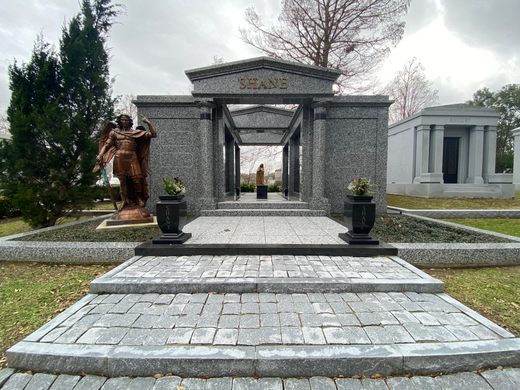













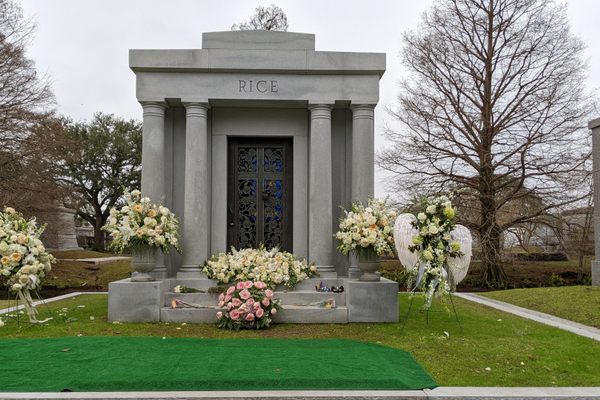


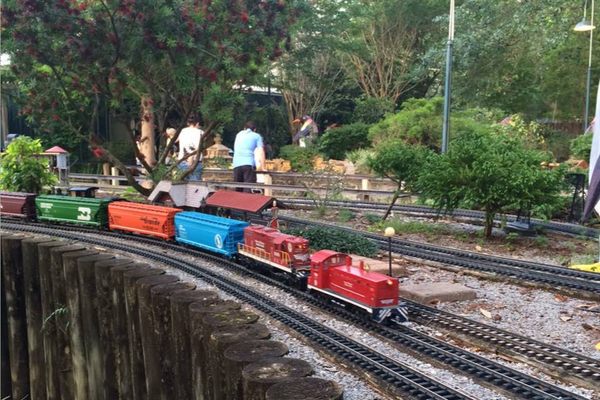

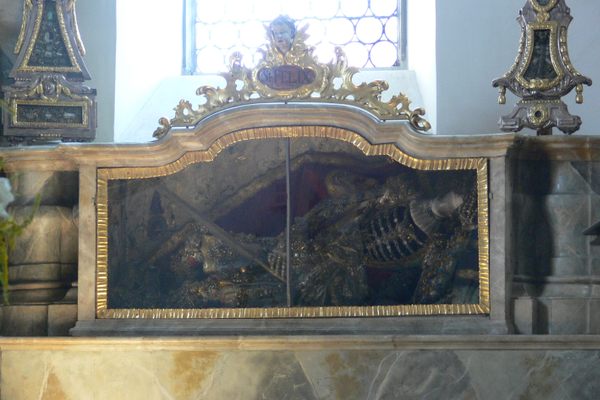
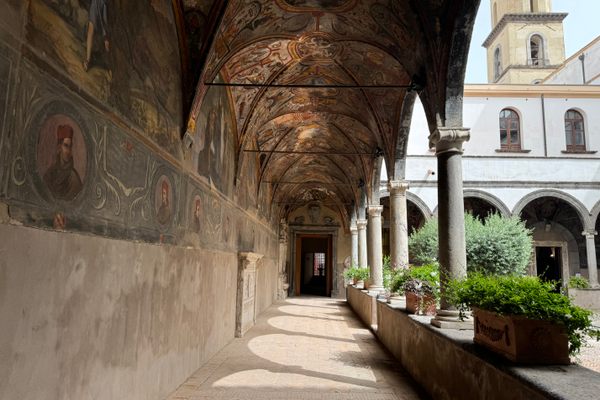


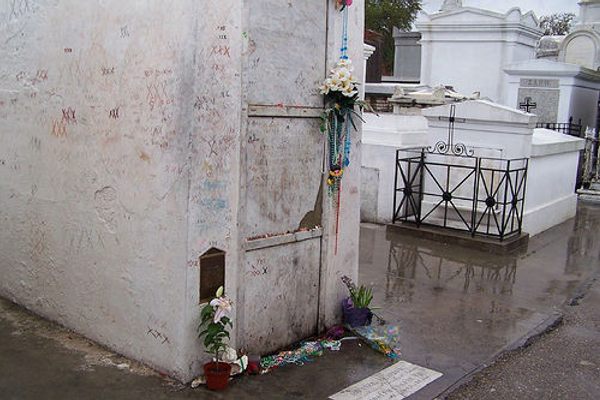

Follow us on Twitter to get the latest on the world's hidden wonders.
Like us on Facebook to get the latest on the world's hidden wonders.
Follow us on Twitter Like us on Facebook